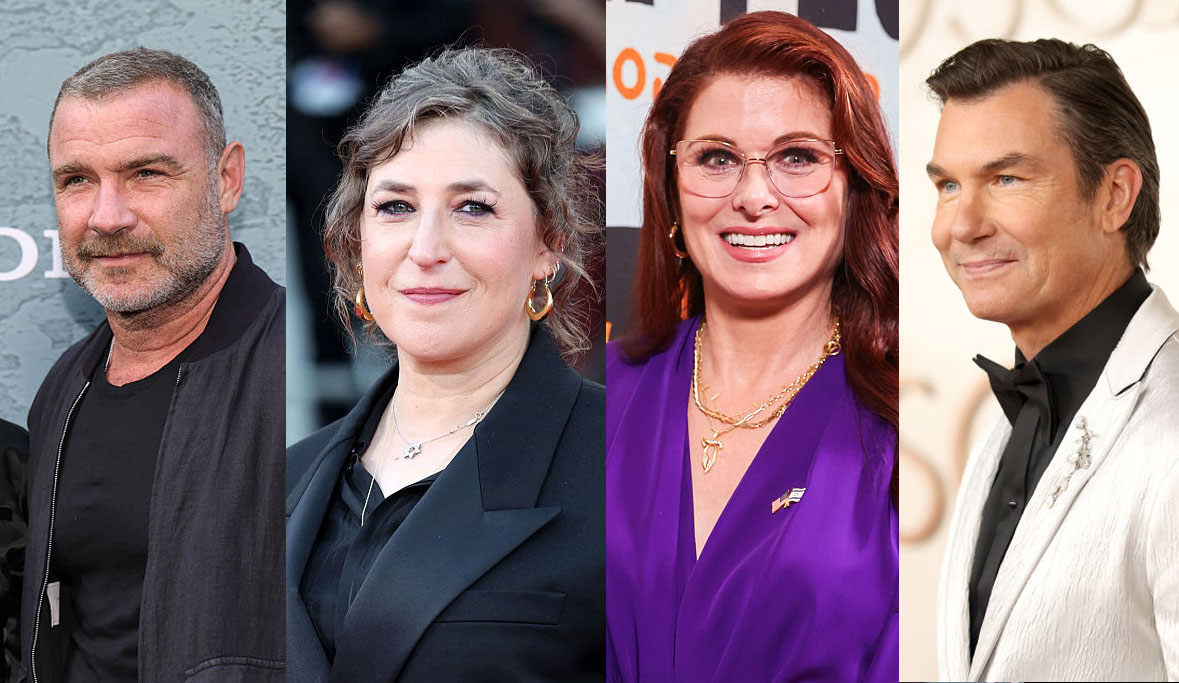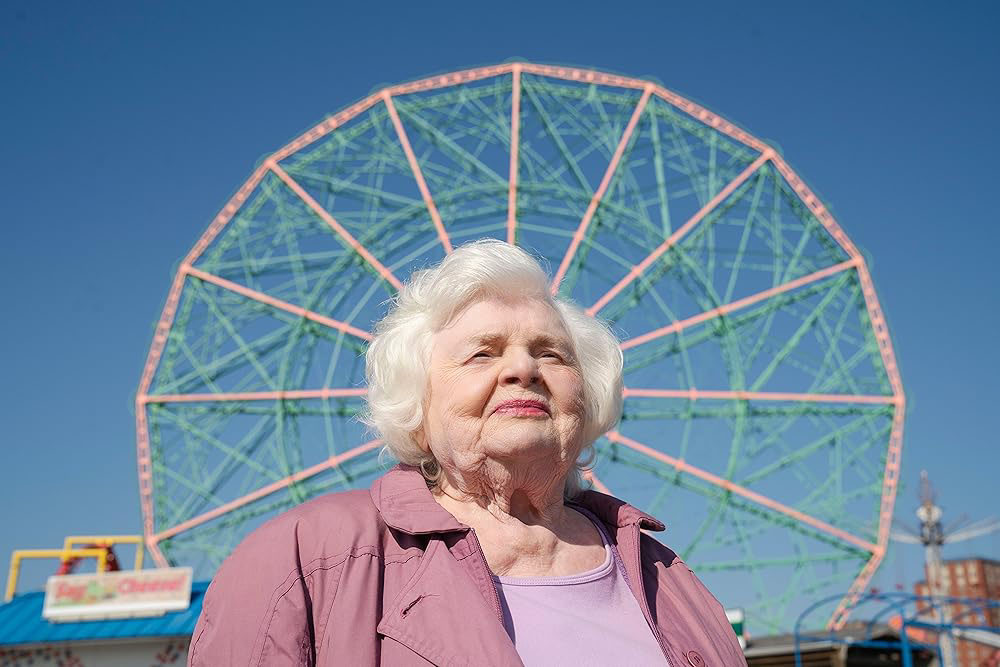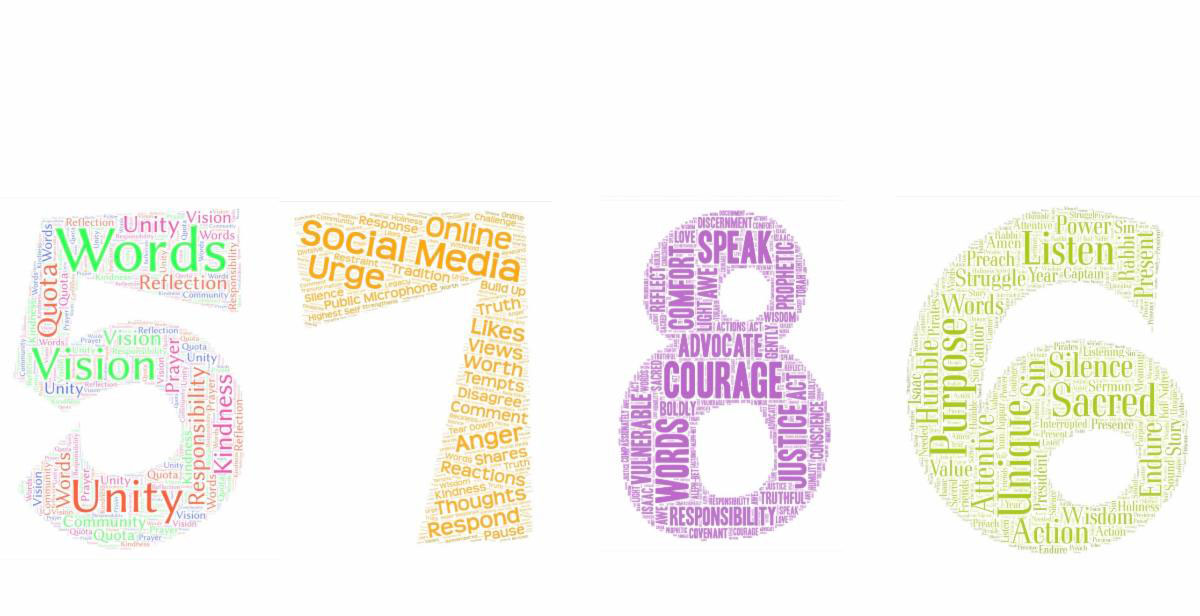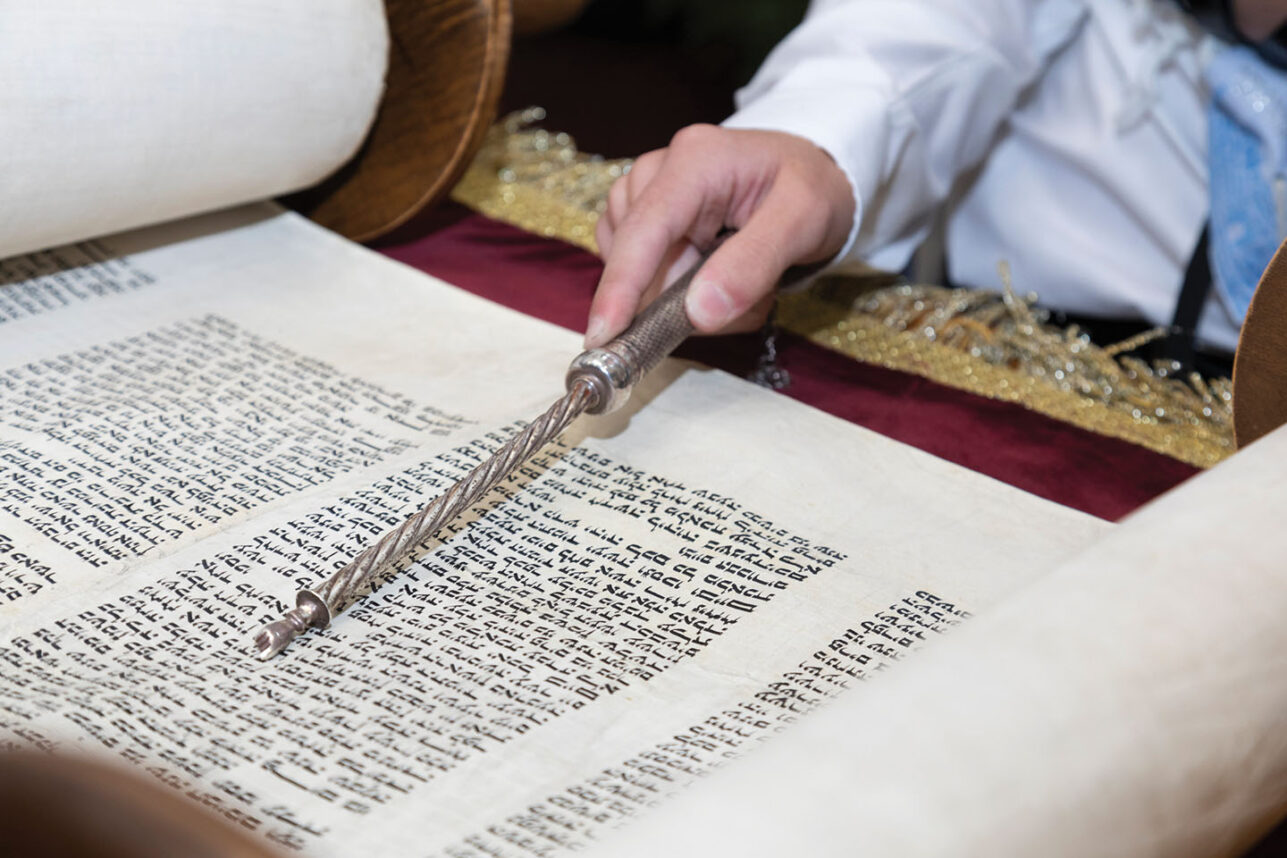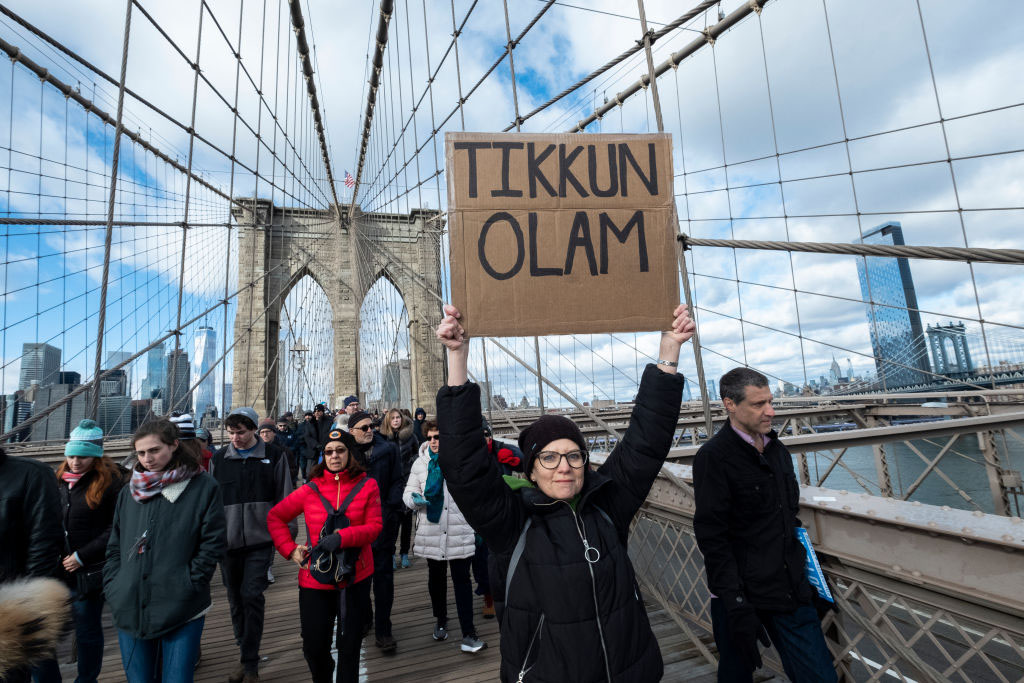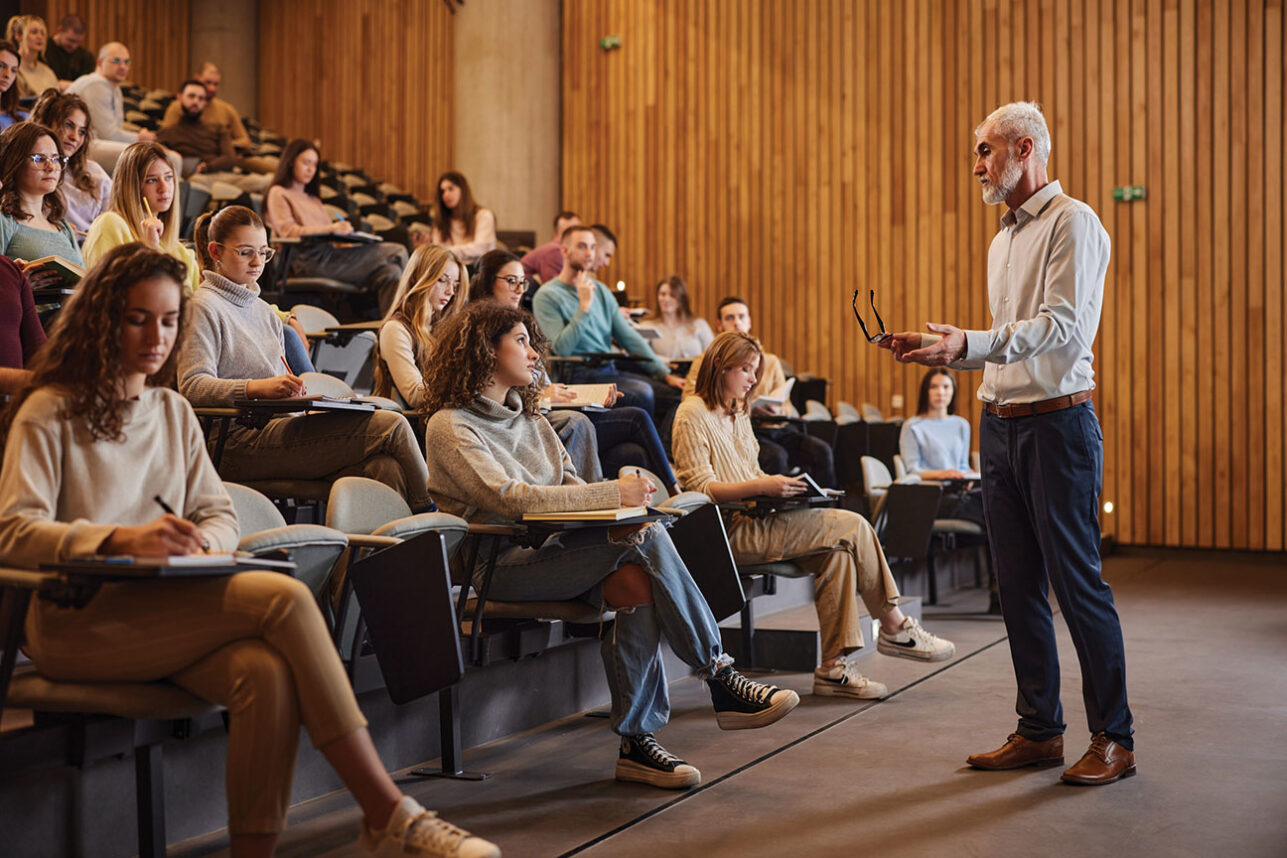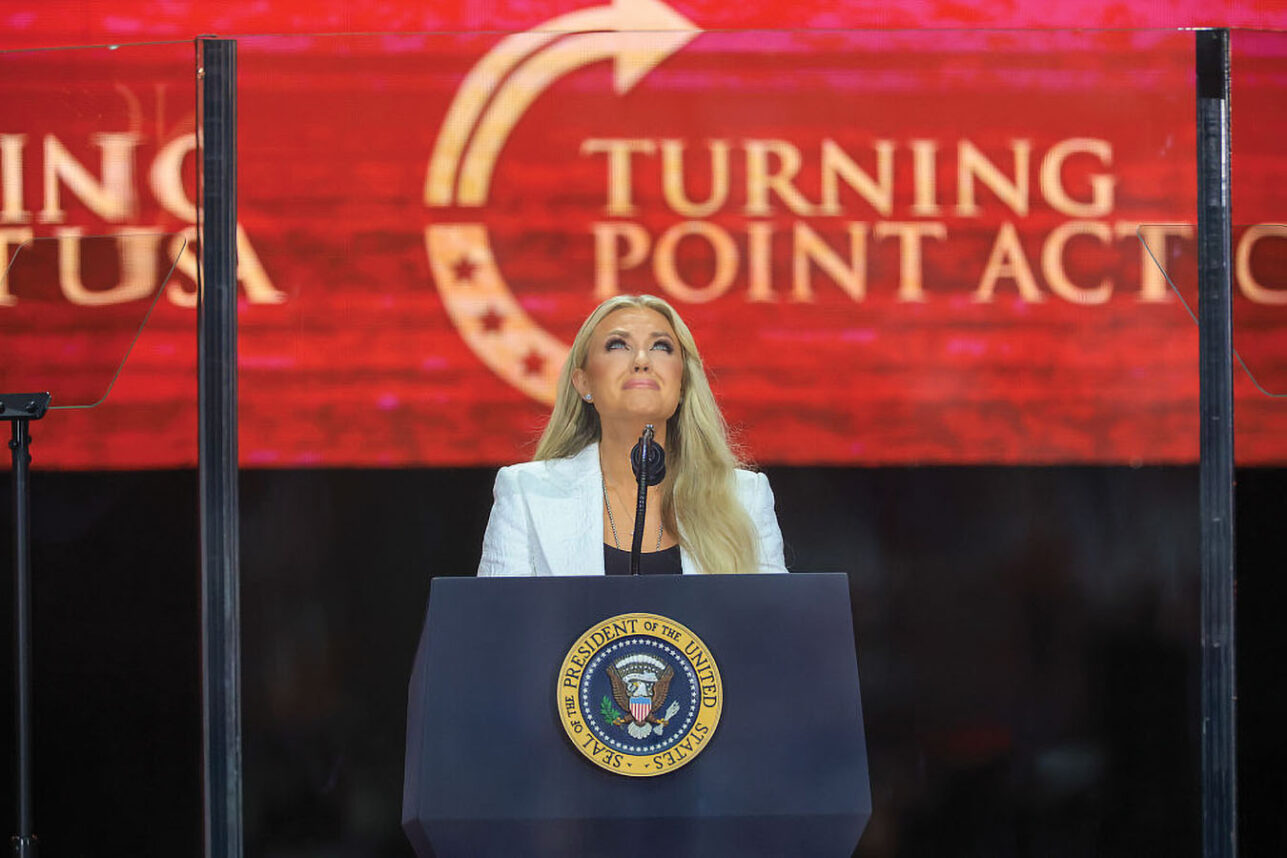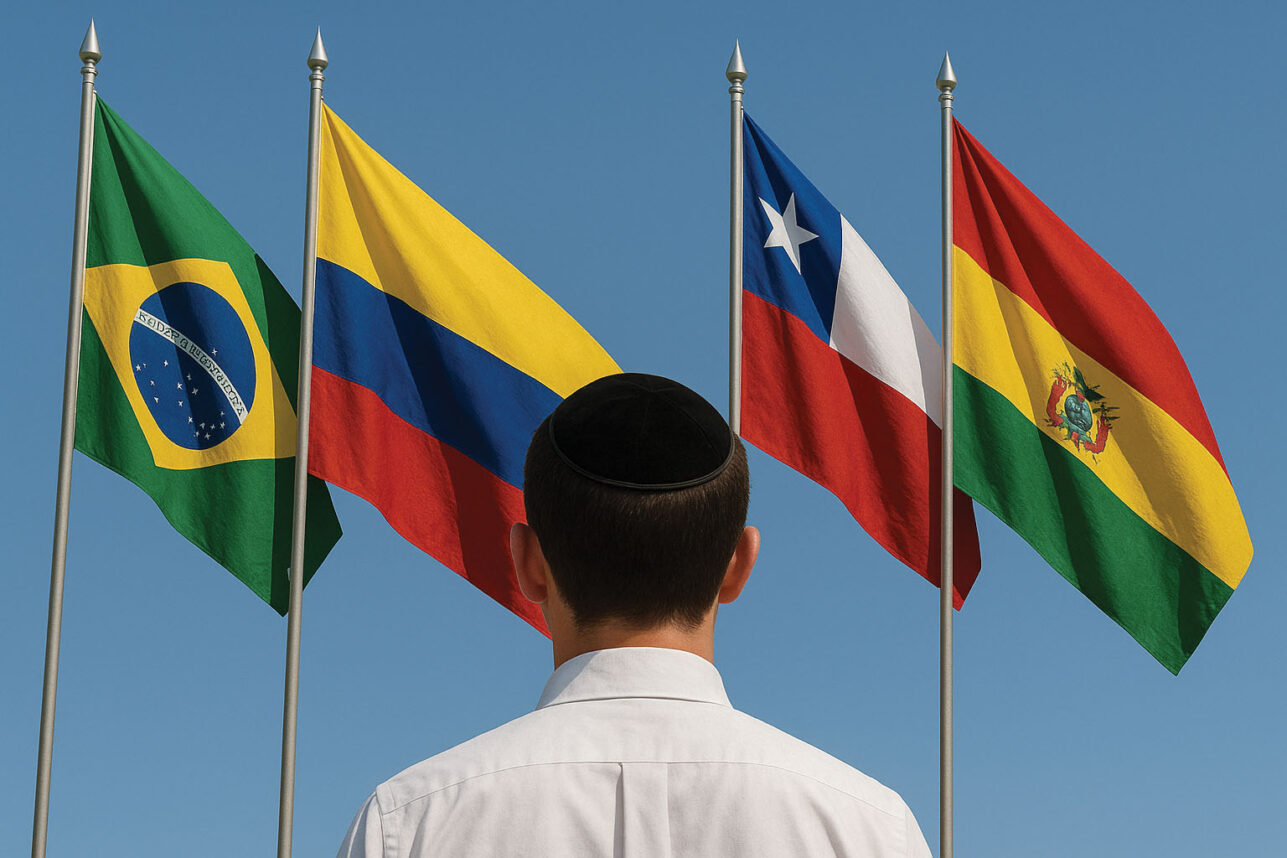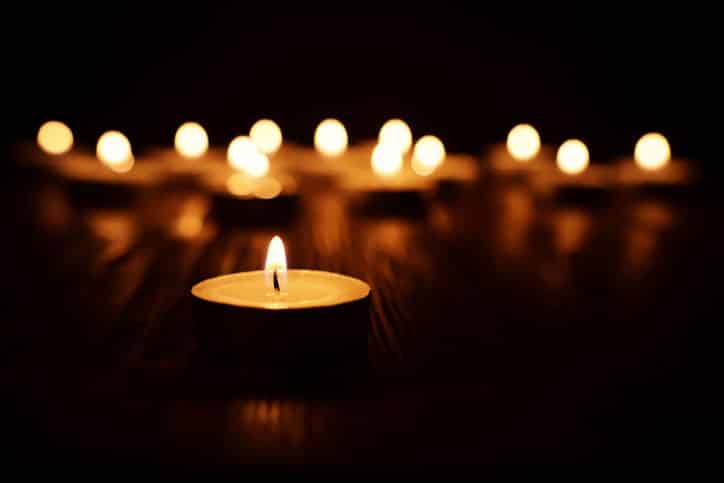
In recognition of Yom HaShoah, the Federal Inter-Agency Holocaust Remembrance Program held its 30th annual memorial event at the Great Hall iof the Robert F. Kennedy Building, the headquarters of the United States Department of Justice (DOJ).
“The Federal Inter-Agency Holocaust Remembrance Program started at the U.S. Department of Education in 1994,” according to the program’s website. “Comprised of dozens of federal agencies, its mission is to educate federal employees, students and the public about the Holocaust through the stories of survivors, who show what can happen if prejudice, hate and intolerance against any individual or group of people go unchallenged.”
This year’s event, titled “Ray of Hope,” featured a discussion between Holocaust survivors Peter Gorog and Emanuel (Manny) Mandel.
Gorog survived the Budapest ghetto with his mother before being liberated by the Soviet Army in January 1945. He came to the U.S. in 1980 and went on to have a successful career in public service, having worked for the DOJ, Department of Defense and NASA.
Gorog’s concluding words were about what he tells students when he shows them a photo of Jews in Budapest being herded away as the townspeople looked on and did nothing.
“I tell the students and the audience that one thing you cannot be: you cannot be a bystander when you see hatred, when you see discrimination — regardless of who,” Gorog said. “You just cannot stay silent because the 6 million could not have been killed without having so many bystanders who did absolutely nothing to prevent the Holocaust.”
Mandel grew up in Hungary, where his father was cantor at the Rumbach Street Synagogue and one of the four chief cantors in Budapest. Deported to Bergen-Belsen, the family was separated Manny and his mother were reunited with Manny’s father in 1945 in Israel (then the British Mandate of Palestine). Mandel’s family eventually settled Philadelphia. He recently retired as a practicing psychotherapist in Maryland.
Mandel lamented the pervasive casual ignorance of history he sees.
“We do not know our history,” Mandel said. “It’s amazing to me, and this is just a little side part — I’m a volunteer at the Holocaust Museum. And sometimes I spend time at the information desk and that’s where people come and ask lots of questions, and I tend to ask them questions as well. Important questions like, ‘where are you from?’ They can usually answer that, but not much beyond that. ‘There’s nothing really west of the Mississippi, west of the Hudson River in New York.’ Our knowledge of history, our knowledge of geography, generally speaking — no insult to anybody here — is abysmal. Now, if you don’t learn history, you don’t know where you came from, and if you don’t know where you came from, it’s very difficult to decide where you’re going.”
Attorney General Merrick Garland shared a story of how the Holocaust impacted his family. Before World War I, Garland’s grandmother and two of her siblings came to America seeking refuge from religious persecution. But there were two siblings of Garland’s grandmother who stayed behind. They would be murdered in the Holocaust.
Garland’s mother-in-law fled to the United States in 1938 when the Nazis invaded Austria.
“Through our work, we are sending a clear message that this Justice Department will not allow illegal acts of hatred to go unchecked or unchallenged. As Americans, we also share an obligation – an obligation to remember the horrors of the Holocaust and to listen to the stories of the survivors.” -Attorney General Merrick Garland
“The protection of law — the Rule of Law — is the foundation of our system of government. It is also one of the most powerful tools in the fight against hate. All of us know about the disturbing rise in antisemitism in this country. Indeed, hate crimes against Jews comprised the majority of religion-related hate incidents reported in 2021. The Justice Department is doing everything in our power to combat the rise in hate-fueled acts and threats of violence. We are aggressively enforcing hate crime statutes. We have increased our capacity to investigate hate crimes and hate incidents. And we are working with state and local governments to do the same. We do this because we all know what happens when hate is allowed to take root. We do this to ensure that a tragedy like the Holocaust never happens again. And we do this because it is part of this Department’s historical inheritance.”
Garland then regaled the story of how In 1945, U.S. Supreme Court Justice Robert H. Jackson served as the Chief Prosecutor at the International Military Tribunal at Nuremberg.
Justice Jackson is known for his strongly-worded opening remarks at the trials of Nazi war criminals.
An excerpt:
“But none of these men before you acted in minor parts. Each of them was entrusted with broad discretion and exercised great power. Their responsibility is correspondingly great and may not be shifted to that fictional being, “the State,” which cannot be produced for trial, cannot testify, and cannot be sentenced.” —U.S. Supreme Court Justice Robert H. Jackson, 1945
There were also remarks by Kristen Clarke, the Assistant Attorney General Civil Rights Division, as well as Eli Rosenbaum, Counselor for War Crimes Accountability at the DOJ. Rosenbaum spent nearly 40 years prosecuting Nazis as the head of the Office of Special Investigations. He also moderated the discussion between Gorog and Mandel.
The 90-minute event concluded with a candle lighting and a closing charge by Doernberg. Seven electronic candles were set up — six for each million of the Jews murdered, and one representing hope and those who helped save Jews from being murdered. Before the candle lighting began, Doernberg asked for all survivors and descendants of survivors in the room to stand. Several dozen stood to be recognized.
“Because of your survival, your descendants have the duty to make an impact.” -Wendy Doernberg, the chair of the Federal Inter-Agency Holocaust Remembrance Committee.
“The Nazis wanted to extinguish your flames against all odds,” Doernberg said. “You are here with us. As we look around and think of those joining us from afar, each of you is a miracle. Survivors such as Michael Taylor, who is 100 years old and watching from New Jersey. Michael, you are a part of the resistance and helped to save many people. Others of you dedicated your lives to the American public or those around you. You helped us explore outer space. You provided mental health treatment. Because of your survival, your descendants have the duty to make an impact. My hope for us as the descendants is that we emulate those like the recently departed Judy Heumann. She was the daughter of two parents who escaped the Nazis and her parents refused to allow their child to be mistreated because she had a disability. She was often called the ‘Mother of the Disability Rights Movement’ and she served in several federal positions throughout her illustrious career. Her impact continues throughout the government and around the world. To our survivors: May you, your descendants and all those you have impacted continue to be a positive change.”
The full video can be seen here: https://video.ibm.com/recorded/132723514















